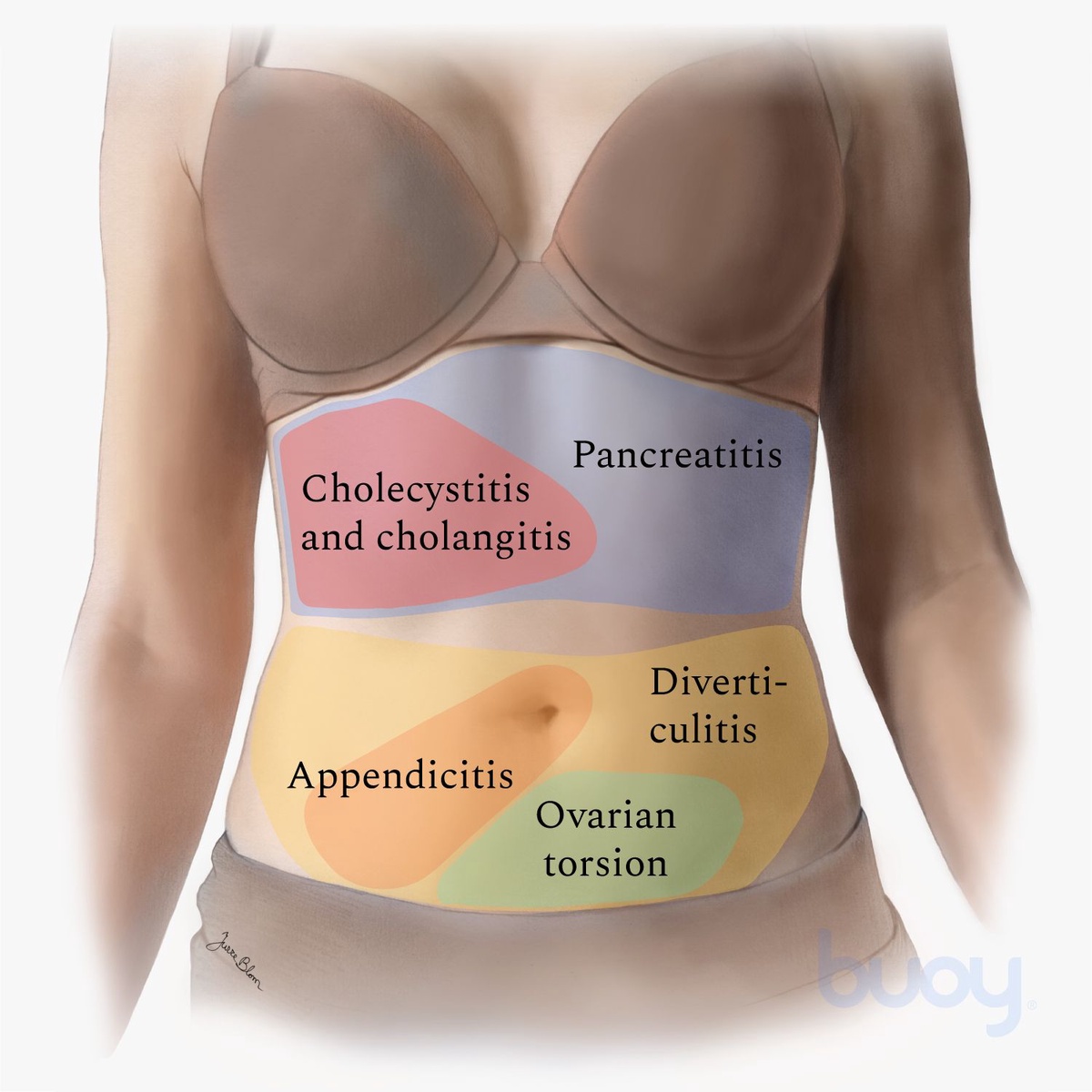Introduction
Abdominal pain is a common yet perplexing issue experienced by people of all ages. It is a distressing symptom that can be caused by a multitude of factors, ranging from mild and self-limiting conditions to severe and life-threatening ailments. In this blog post, we will delve into the world of abdominal pain, exploring its possible causes, when to seek medical attention, and how to find relief for this enigmatic discomfort.
Decoding Abdominal Pain
1. The Complexity of the Abdomen
The abdomen, often referred to as the belly, is a vital region of the body housing numerous organs, including the stomach, intestines, liver, gallbladder, and kidneys. Due to its intricate composition, pinpointing the exact cause of abdominal pain can be challenging, requiring careful evaluation and investigation.
2. Common Causes of Abdominal Pain
Abdominal pain can originate from various sources, some of which include:
-
Indigestion or Gas: Mild pain caused by overeating, gas buildup, or consuming spicy and greasy foods.
-
Gastroenteritis: Inflammation of the stomach and intestines, commonly caused by viral or bacterial infections.
-
Gastric Ulcers: Open sores in the stomach lining that can lead to aching or burning pain.
-
Gallstones: Hardened deposits in the gallbladder, resulting in intense pain, often after meals.
-
Appendicitis: Inflammation of the appendix, necessitating immediate medical attention.
-
Kidney Stones: Solid masses in the kidneys that can cause excruciating pain as they pass through the urinary tract.
-
Menstrual Cramps: Women may experience abdominal pain during menstruation.
3. Warning Signs: When to Seek Help
While some abdominal pain can be managed at home, certain warning signs warrant urgent medical attention. Seek immediate help if you experience:
- Severe, persistent pain
- Sudden and intense pain
- Pain accompanied by fever, vomiting, or diarrhea
- Pain after a recent injury or accident
- Abdominal pain during pregnancy
4. Diagnosing the Cause
Diagnosing abdominal pain requires a comprehensive evaluation. Doctors may use physical examinations, imaging tests, blood tests, and medical history to pinpoint the underlying cause.
5. Finding Relief
The treatment for abdominal pain depends on its cause. Common strategies to find relief include:
- Rest and hydration
- Over-the-counter pain relievers (consult a doctor before use)
- Dietary adjustments
- Antacids or medications prescribed by a healthcare professional
6. Preventive Measures
Preventing abdominal pain involves adopting a healthy lifestyle, such as:
- Eating a balanced diet
- Staying hydrated
- Regular exercise
- Managing stress
- Avoiding excessive alcohol consumption and smoking
Conclusion
Abdominal pain is a complex symptom that demands attention and care. While some causes are mild and easily resolved, others require prompt medical intervention. Understanding your body, recognizing warning signs, and seeking timely medical attention can help unravel the mystery behind abdominal pain, ensuring your well-being and peace of mind through primary care physician. Remember, your health is your most valuable asset, so listen to your body and take proactive measures to protect it.


No comments yet